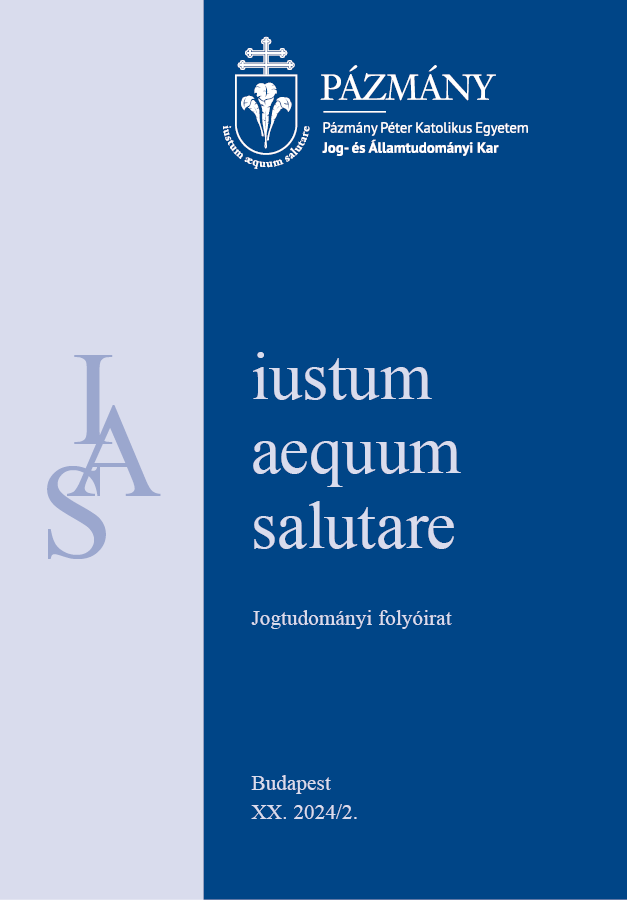The liability to pay the tax in German tax law – model to follow or a path to be abandoned?
Abstract
The aim of the present study is to find foreign "good practice" on domestic legal interpretation issues in the field of the liability to pay the tax. The German regulatory environment and jurisprudence are suitable for this. In my study, I first deal with the characteristics and structure of the German Tax Act (Abgabenordnung). Secondly, I shall refer to the general characteristics of the legal institution of the liability to pay the tax. Thirdly, I will explain in detail the substantive side of the legal institution, the provisions concerning the person liable to pay the tax. Fourthly, I present the essential provisions of the procedural side and the practical application of the liability to pay the tax. Finally, I summarize the functioning of the German system and define its most important features. As a conclusion, it can be stated that it represents a model to be followed for the Hungarian regulation. This is particularly valid with regard to the legal statuses and scope of legal remedies. But the picture is shaded, because there are areas, such as the question of the effectiveness of the legal institution, which cannot be followed uncritically.
Copyright (c) 2024 Tombor Csaba

This work is licensed under a Creative Commons Attribution 4.0 International License.


